

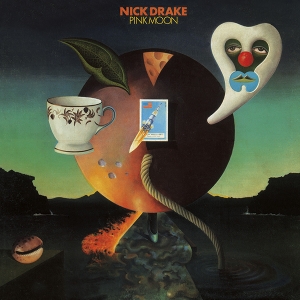 Nick Drake
Nick Drake
| Release date | Label | Producer | Genre | Length | More info |
| 1972.02.25 | Island | John Wood | Singer-Songwriters | 28:22 |  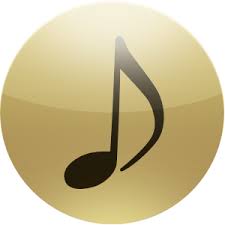
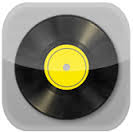 |
There is no dark side of the moon, really. Matter of fact, it's all pink.
Background
When you come to think of it, the early 1970s were a heavenly paradise for introspective singer-songwriters - John Lennon's Plastic Ono Band and Joni Mitchell's Blue are the two records that probably have the largest citation index here, but you could easily throw on Neil Young, Carole King, and a whole swarm of folksy philosophers from the shores of California to the meadows of Surrey. So how did Nick Drake, a guy of quite comparable talent, end up slipping through the cracks at the time, and only re-emerging postmortem, more than a decade later, as the revered hero of grim-faced proto-hipsters all around the world? His first two albums, Five Leaves Left and Bryter Layter, featured intelligent, elegantly written, lushly arranged compositions, and could have been hits in an era when the average population seemed open to new sounds and ideas. Nor is the frequent portrait of Nick as somebody who got unjustly screwed by just about everyone (his management, his label, the press, the critics, the public, etc.) is really any more true than similar stories of people who found success all the same.
The thing with Nick Drake is that he was really one of those few people who truly "weren't born for these times". The shyness and reclusiveness for which he is so famous - and which pretty much made him into the stereotypical "indie hermit" - also come out very distinctively on all his songs, and, most importantly, he never ever gave the slightest impression of singing for anybody. His vocal modulation and his way of picking those cluster chords always focus on quietness, subtlety, even immobility, in a "don't-mind-me-really" sort of manner, which was simply not the way you did it in the early 1970s, when the typical male singer-songwriter usually had to belt it out, like Lennon or Van Morrison, or at least croon it in an easily understandable way, like James Taylor, without putting on such a depressive-romantic face. If there was any equivalent to Nick Drake at the time, really, it would probably have to be J. J. Cale on the other side of the ocean - with an entirely different musical paradigm, of course, but a comparable lack of ego. The biggest difference between the two, though, was that J. J. seemingly didn't give a damn about whether his records would sell or not, whereas Drake actually did care, at least according to some accounts. But that's the way it goes with depressed types - if there's no fresh reason around to get depressed about, they'll always end up inventing one for themselves, I guess.
Some basic factsWith time, the critical status of Pink Moon has, however, skyrocketed to unprecedented heights. Beginning with the college rock days of the 1980s (and you can certainly hear Michael Stipe's heavy debt to Drake in general and this album in particular) and culminating in the alternative days of the 1990s, Pink Moon became a cult favorite and one of those records that you absolutely had to have as a diagnostic symbol of classy taste. The crashing wave of Nick Drake fanaticism seems to have somewhat dissipated in strength by the 21st century, but it left all of his albums behind as solidified classics of the singer-songwriter genre, even if this may have come at the cost of an image distortion: too often, Drake is being put in the same bag as Syd Barrett, or even Jim Morrison - the bleak, permanently depressed, suicidal, unjustly misunderstood hero, with Pink Moon as his most brutally raw and honest artistic statement. Is that really right? I don't think so.
For the
defense
28 minutes of (almost) nothing but Nick Drake and his guitar would be tedious if these two characters did not have charisma, but, luckily for us, they do. Due to its sparse sound, Pink Moon is the best location to appreciate all the breathy warmth of the man's voice, which has a certain elegiac nobility to it regardless of what it is he's singing. Contrary to generic descriptions, I have never truly felt that his songs were "depressed"; "melancholic" is a more accurate description, but even that one does not truly cut it. There's a certain Zen-like calm to the way he sings them, only very slightly draped with a thin cloak of two emotions - worry and tenderness. The way he delivers lines like "take a look and see me on the ground / For I am the parasite of this town" suggests a certain impressionistic wisdom on his part, an exposition of philosophical allegories from a friendly guru rather than a painful confession of somebody wallowing in his own misery. Likewise, the guitar playing is always soft and a little muffled; almost no sharp "pinging" of the strings, and a total avoidance of keys and chord changes that suggest any pain or suffering.
I mean, we might just as well get this whole crap out of the way, considering how the album both starts and ends on uplifting notes. I have not the slightest idea what ʻPink Moonʼ is supposed to say - you coul argue that "pink moon gonna get you all" is not a very optimistic line, but even if that is some sort of a threat, it's kind of a merry threat addressed to the protagonist's opponents ("none of you stand so tall") rather than himself, and he seems just a bit delighted, really, that a pink moon is gonna get all of 'em, and those few of us that "get it" are invited to join in a little reclusive celebration of the fact. Then, twenty minutes later when the album comes to a close, ʻFrom The Morningʼ comes to tell us that "a day once dawned, and it was beautiful" and to invite us to "go play the game that you learnt from the morning", and if that song ain't totally uplifting to you, one of us must be suffering from illusions.
The longest song on the album, ʻThings Behind The Sunʼ, is not really a confession, either: it's a half-Dylan, half-New Age sermon, delivered continuously (almost in one breath) and sincerely, with a melodic structure that would probably have been much appreciated by the likes of David Crosby. Only somewhere really, really deep below the surface (in the faintest overtones of Nick's voice, in the relentless plough-on race of the main chord sequence) can you feel a premonition that the sermon is probably going to be wasted, but that is really because Nick is singing it all to himself - I mean, it's a song that's supposed to be addressed to somebody else but is really re-addressed to the protagonist because nobody else was available at the time. The whole album, really, is an album with an intended audience, but the only audience the nighttime performer has is his own nose, so he has to imagine that his nose is the audience, and this certainly results in a whiff of confusion and worry.
It has always been tough for me to choose a favorite tune from this album: the songs rarely go for catchiness (probably the single catchiest bit on the album is the looping blues riff on ʻKnowʼ, and even that one was probably chosen for a "nagging" effect rather than anything else), the mood rarely strains from the one I've already attempted to describe, and besides, there are so few songs anyway that making picks is almost impossible even technically. To make distinctions, you have to rely on boring objective criteria - like ʻThingsʼ being the longest (and so, perhaps, the most intentionally important?) of them all, or ʻPlace To Beʼ formally being the most "autobiographical" of them all, although I still wouldn't recommend to take stuff like "And I was strong, strong in the sun... Now I'm weaker than the plaest blue", or any of the lyrical allusions to Nick's earlier tunes too seriously: if he wants to convince us that there's a significant difference in attitude and feeling between Five Leaves Left and Pink Moon, he's gotta try much, much harder.
Overall, this is primarily a mood piece - twenty-eight minutes of calm, quiet prettiness, certainly implying a nice level of philosophical depth, but most importantly, spreading around a unique charismatic aura, like a rare stick of musical incense; and its uniqueness is in how it manages to avoid sliding into cliches of acoustic folk (everything from excessive sentimentality to excessive pomp and preachiness) and just "tell it like it is" while still sounding artsy and steeped in elegant flourishes. Really, that's all there is, and there's not supposed to be anything else to it. A lovely record with a lovely spirit of introspection, tenderness, and mystery, and not a lot of specially-individually memorable moments.
For the prosecution
Although I have never understood the point of the brief minimalistic instrumental ʻHornʼ, I must admit that it no longer truly bothers me now that I have learned to regard the whole album as one piece - if you are presented with a 28-minute suite, bickering about little moody interludes really makes no sense. Still, I have always been somewhat disappointed by the near-total lack of "stunners" on Pink Moon - I realize that the humble, reserved nature of these songs is sort of the album's main point, but sometimes I can't help sympathizing with some of the original reviewers who complained about the lack of complex arrangements and stated that just Nick and his guitar aren't really enough to bring out all the best in these songs. The fact is, it is really very hard to make a properly appealing acoustic album with no other means, and twice as hard to make a properly appealing acoustic album that has to succeed by sounding as if the artist's not even trying to grab your attention. As a result, Pink Moon is a mood piece that is guaranteed to connect (and maybe even hit hard) with some people, but if it does not connect with you fairly soon, there's very little you could cling on to in order to get an incentive for repeated listening. But I guess that's kind of inevitable when the artist's masterplan is made that way from the beginning.
Conclusion
| Melody | Voice | Mood | Production | Innovation/Influence | Where it belongs | RYM preference | |
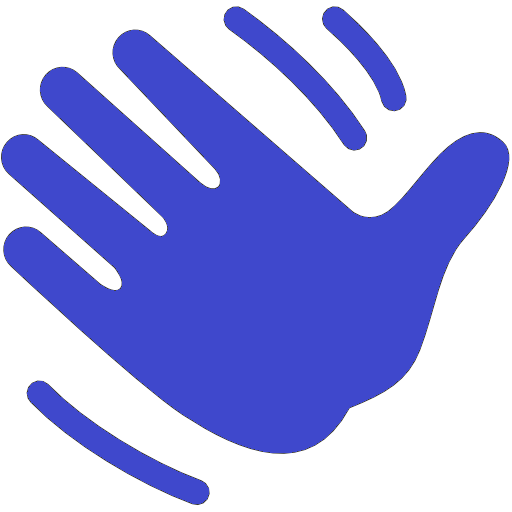 |
 |
 |
 |
 |
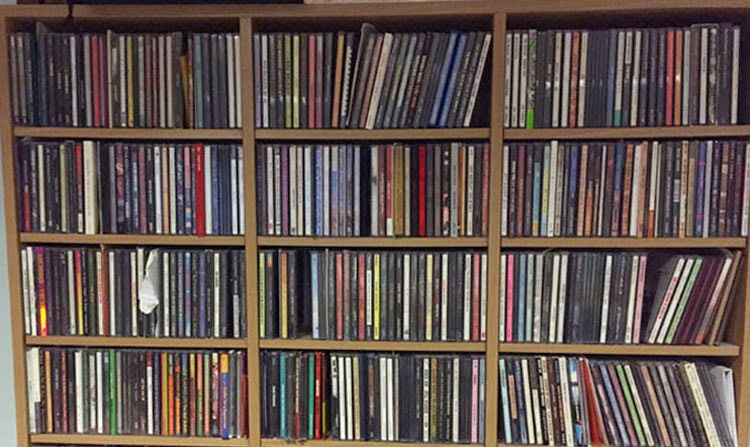 |
#21 (May 22, 2016) |
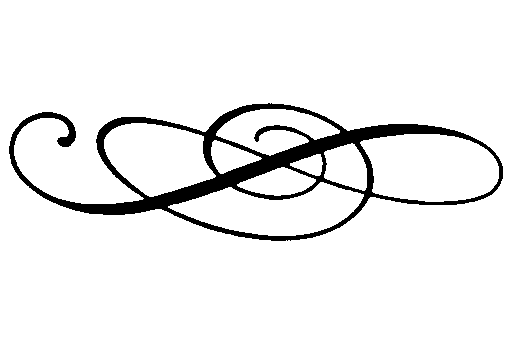
| Previous entry | Main page | Next entry |